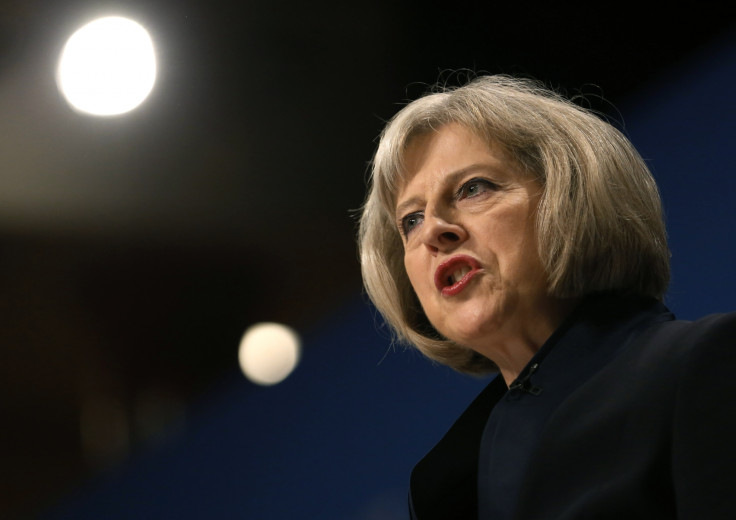UK Unveiling New Anti-Terror Measures to Combat 'Rapidly Changing Threats'

Britain's Home Secretary will unveil new measures in the Counter Terrorism and Security Bill on 26 November in a bid to tackle "rapidly changing threats" to the country.
After a raft of terrorism-related reports and awareness campaigns over the past week, Theresa May will unveil further measures designed to stop radicalisation spreading in schools, universities and councils, as well as providing means to force terror suspects out of the UK.
"We are in the middle of a generational struggle against a deadly terrorist ideology. These powers are essential to keep up with the very serious and rapidly changing threats we face," said May ahead of the announcement.
"In an open and free society, we can never entirely eliminate the threat from terrorism.
"But we must do everything possible in line with our shared values to reduce the risks posed by our enemies.
"This bill includes a considered, targeted set of proposals that will help to keep us safe at a time of very significant danger by ensuring we have the powers we need to defend ourselves."
Growing Threats
Over the past week, Britain's government has revealed that 40 terror plots have been scuppered in the UK since the 7 July bombings in London in 2005.
May also announced that the government will ban insurers from paying out ransoms to terror groups for hostages.
Meanwhile, an inquiry into the murder of Fusilier Lee Rigby found that intelligence services made a series of errors which prevented the effective surveillance of the soldier's killers.
Subsequently, Prime Minister David Cameron announced he would give intelligence agencies more funding to tackle the rise in terrorist threats.
New Measures
The new measures will include placing more pressure on places of education and local councils to combat and report radicalisation.
May will also grant new powers to authorities, under changes to the Terrorism Prevention and Investigation Measures (TPIM), to boot terrorist suspects out of the country on a "balance of probabilities" assessment.
New measures will also allow authorities in to stop people heading abroad to fight for terrorist groups, including cancelling passports at the border for up to 30 days.
Despite the wide ranging changes to the Counter Terrorism and Security Bill, May warned that more still needs to be done.
After the Rigby report partially blamed an "Internet company" for not alerting authorities to suspicious activity, May said she would give more wide-ranging web monitoring powers under the Communications Data Bill.
Criticism
Several campaign groups have hit out at new anti-terror measures.
"Yet again, politicians resort to high talk and rushed legislation in an attempt to look tough in the face of terrorism," said Shami Chakrabarti, director of human rights group Liberty.
"Another chilling recipe for injustice and resentment by closing down the open society you seek to promote."
Amnesty International called the new measures "draconian" and said they appeared not to have been properly thought through.
© Copyright IBTimes 2025. All rights reserved.






















